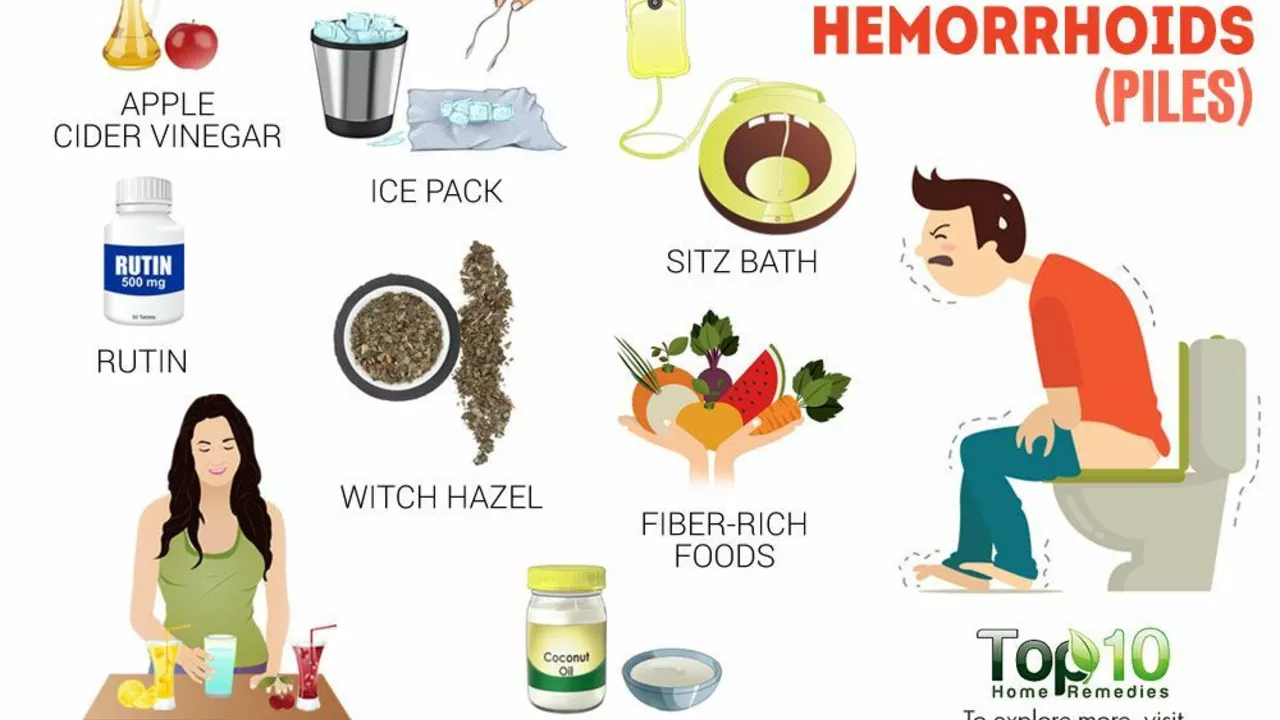Managing symptoms: practical steps that actually help
Feeling unwell and not sure what to do first? Small choices early on can stop a symptom from getting worse. This page collects quick, usable advice on tracking symptoms, using common medicines safely, and when to ask for help.
Start by tracking. Write down what hurts, when it started, what makes it better or worse, and any medications you took. A two-line daily note beats vague memory when you talk to a clinician or review side effects later.
Know your meds. Read labels for active ingredients — many cold, flu, and pain products share the same drug and can cause accidental overdoses. For example, acetaminophen (Tylenol) is safe when used as directed, but too much can damage your liver. If you’re on multiple products, check for duplicate ingredients before taking another dose.
Use inhalers right. If you have an albuterol inhaler (Ventolin), check the expiry, prime it if needed, and use a spacer if your doctor recommends one. Rescue inhalers give quick relief but don’t replace a controller inhaler for long-term asthma control. If you’re using one more often than usual, call your healthcare provider.
Be honest about side effects. If a blood thinner like Plavix or any antibiotic causes unusual bleeding, rash, or severe stomach pain, stop and get medical advice. Many side effects are manageable, but some need urgent attention.
Quick symptom-control tips
Pain: Start with the lowest effective dose. For mild pain, consider acetaminophen first and read dosing limits. If NSAIDs like meloxicam aren’t suitable, there are alternatives — ask a clinician which fits your health profile.
Fever: Stay hydrated, rest, and use fever reducers if you’re uncomfortable. If a fever lasts more than 48–72 hours or comes with severe symptoms, seek care.
Digestive or dietary concerns: Simple swaps — more fiber, less added sugar and processed red meat — often help. If you suspect a link between food and tumor risk or other serious conditions, talk to a nutrition-savvy clinician rather than following headlines.
When to get medical help and smart next steps
If symptoms are sudden, severe, or getting worse — chest pain, severe shortness of breath, signs of stroke, heavy bleeding, fainting — call emergency services. For persistent but non‑urgent symptoms, schedule a primary care visit and bring your symptom notes and a list of medicines and supplements.
Thinking of buying meds online or across borders? Check legality and safety. Import rules and pharmacy reliability matter; fake or poorly stored drugs can do more harm than good. Use trusted sources and, when in doubt, ask a pharmacist.
Finally, use support. Local groups or condition-specific forums (like DVT or chronic pain groups) can offer practical tips and emotional support. Managing symptoms isn’t just about pills — it’s about habits, info, and getting the right help when you need it.
Read the linked guides on this tag for detailed how-tos — from inhaler tips and acetaminophen safety to pain alternatives and online prescription advice.
Hemorrhoid Self-Care: Tips for Managing Symptoms at Home

Managing hemorrhoids at home can be quite a task, but there are a few self-care tips that can help alleviate the symptoms. Simple lifestyle changes like drinking plenty of fluids and adding more fiber to your diet can prevent constipation - a major cause of hemorrhoids. Regular exercise also promotes bowel movements. Using over-the-counter creams or pads containing witch hazel can offer temporary relief. Remember, if symptoms persist, it's always best to consult with a medical professional.
